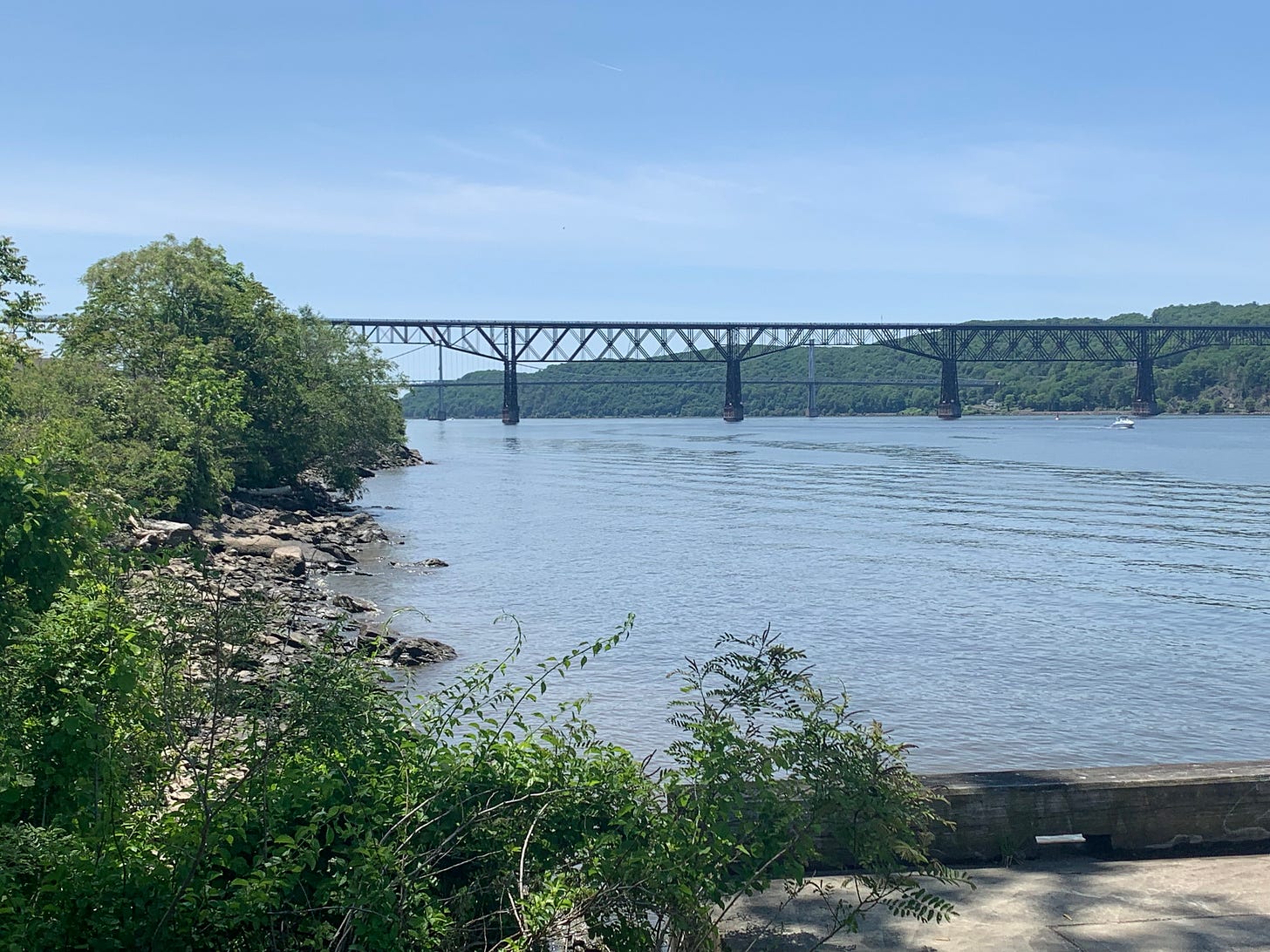What makes life worth living?
This is the age-old question. Philosophers and clergymen have pondered it for millennia, and have offered their own guesses. There are the hedonists, who say it is about pleasure, the nihilists, who think that the answer is nothing at all. Some people claim that their purpose is to create, or to experience as much as they can. Others would say the answer is love. Still, none of these answers have fully satisfied the question. The primary struggle, the primary curse of the human mind is its constant struggle for meaning.
What makes the simple task of being content with our own existence such a constant battle for so many of us? Why is it that, even when we find something that makes us happy in the short-term, we still find that after a while it is no longer good enough? We always seem to need more. Perhaps some of it has to do with our choices. We resign ourselves to bad situations—jobs we don’t like, friendships we cling to out of fear. But sometimes it’s stagnancy itself that brings about discontent. We can hold in our hands exactly what we want, and once we have it, the allure wears off. The yearning is what excites us, not the thing itself. It’s a paradox—we crave security, and yet when we find it, there is still something in us that aches for change. If we found heaven itself, that elusive ideal that we all dream of, would we be happy even there?
John and I took a weekend trip this weekend in upstate New York. It’s the type of experience that I need every once in a while. Living in the city, if you don’t actively seek out beauty, you can go your whole life without ever seeing it. There’s something about clean air, trees, and mountains in the distance that can heal the spirit, even when nothing else in your life changes. There’s a quietness of mind that can be achieved in places like this that just isn’t possible in the city.
We spent some time at the campus of Marist College, which has a beautiful walkway along the Hudson River. The view was gorgeous. The sky was clear, green mountains towered over us from across the water. A light breeze gently moved the water. I had a serene moment watching the water strike a collection of rocks along the shoreline, a constant cycle of incoming and outgoing waves that never ceases. I wished the scenery of my life could always be this beautiful, and wondered what it would be like to be that stretch of rock, enjoying the crispness of the water, the tranquil chirping of birds, the magnificent view. Okay, I thought, the rock isn’t alive. Its fate isn’t possible for the living. But then what about the ducks that call the river home? That must be a pretty great life too, swimming around without a care. Or what about the hawk flying overhead? That must be the peak lived experience. A top predator with an exclusive view—the entire Hudson Valley is his.
Of course, it’s not that simple. It was a beautiful weekend. Not too hot and not too cold, just enough wind to add some texture to the air but not enough to leave me unsteady on my feet. What would happen during a storm? I may not be so envious of the birds then, when they’re seeking cover, their safety uncertain. Only the rock would be safe. And even that would be eroded one day by the same waves that massaged it so happily. Even a gray cover of clouds would rob the scene of its magic. In fact, it seemed that life was only ideal in that one sunny moment, one small, beautiful sliver of the vast array of experiences that life has to offer.
We like to try to preserve moments, to capture them in our hands and keep them as long as we can. We take photographs, missing the moments that we are so desperately trying save, keeping only an unfulfilling fragment. What’s a sunny afternoon by the river without the breeze on your skin, the wind moving the water, the boats passing, the little waves crashing against the rock? It’s empty. Stagnant. A photograph can never capture the beauty of being physically present, soaking in such a scene. It’s interesting that paintings come closer—they have a little piece of human soul injected into them, offering them some dynamism. But even that is no substitute for the real thing.
So maybe that’s the ‘heaven’ we crave: the ability to enjoy such a scene forever, never needing to go home, the sun never setting, the clouds never blocking out the vibrant blue sky. Even then, we’d get bored. One gorgeous river isn’t enough—there’s an ocean out there somewhere that we’re missing out on. We want to see it all, travel the world. But in order to do that, we need to leave the last moments of beauty behind. Isn’t this the story of Adam and Eve, the quintessential Christian creation myth—that human suffering was born because we couldn’t be content even in paradise?
What does this mean? I don’t know. Maybe that’s what the Buddhists are saying: that we can’t find what we are looking for until we give up all those insatiable human attachments and simply be. The Hudson River will go on existing whether it is observed or not. It’s us who decide we need contrast to enjoy its beauty. And maybe that’s okay. After all, what are we here for, if not to enjoy everything we are?


